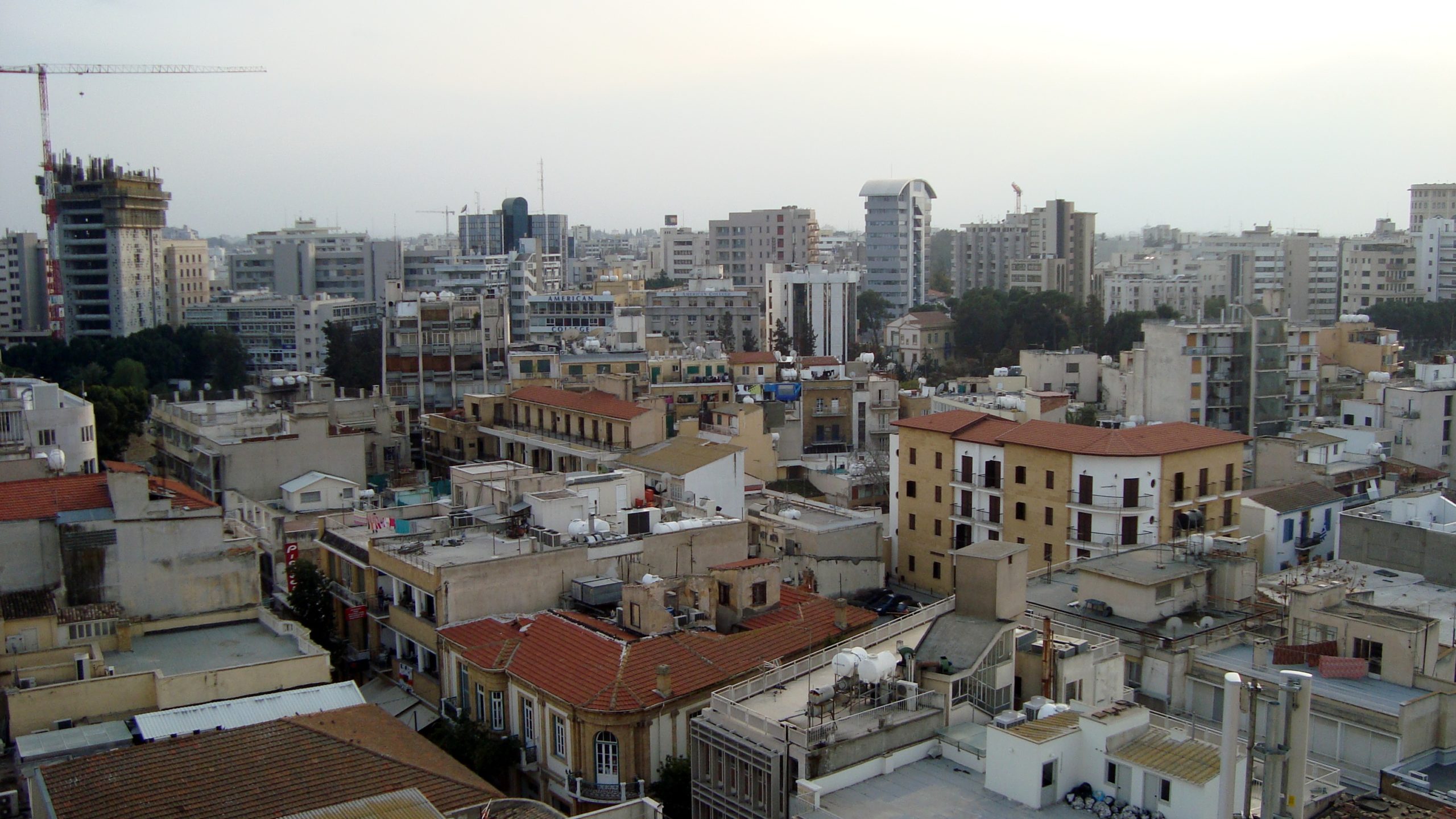With the 20 new merged town halls in Cyprus that will come into being on July 1, organisational problems seem to be increasing, instead of being resolved, as the intention was at the beginning of the municipal reforms.
Interior Minister Constantinos Ioannou said this week that some of the restructuring is unjustified and that the cost could be unbearable for some municipalities, suggesting that political parties amended the reform legislations.
Of the 30 municipalities we have today, they should have been halved, but MPs insisted in maintaining 20 town halls, with a shocking number of 93 deputy mayors, making their budgets unviable and burdening taxpayers.
The idea was to achieve economies of scale in the management of refuse collection, sewerage and other utilities, but this is going to take longer to achieve, at least two more years, despite the three years already given for this purpose.
A further 287 communities that are not near or will not merge with bigger councils or municipalities, will now have until 2029 find solutions for their own utilities.
And some mayors put up a fight, refusing to merge with their neighbours and hesitantly allowing the unification of some nearby villages or outlying communities.
What’s more, each district (that already has an appointed District Officer) will elect on June 9 the five presidents of the district authority organisations, clashing with the current duties and responsibilities of mayors and their municipal officers.
This, too, was a last-minute concoction, clearly to allow some people to maintain some level of authority, whether they have any experience in municipal and local administration affairs.
Under the president of each organisation will be another level of officers, starting with a director general.
Taking over from the current structure of town halls on July 1, another matter that is for sure is that the integrated IT systems, dubbed ‘Evagoras’, will not be operation, at least not fully. For this, it seems it is the contracted system providers that are to blame, not the politicians, if anyone can believe this.
Thus, many will continue working independently and in total disregards of a centralised system. Happily, town planning permits and outstanding municipal bills will be collected properly, or so we have been told. But from election day to July, these services will not be available.
And then, there is the case of municipal staff, especially those who will not want to transfer to the five regional authorities.
To accommodate the rising cost of the otherwise ‘streamlined’ municipalities, the Interior Ministry will allocate a budget of 117 mln euros in the first half of the year and a bigger amount in the second half.
So, next time you hear of ‘reforms’, check your wallet, because it is the taxpayer that will have to pick up the bill, regardless if the reform will be implemented or not.









